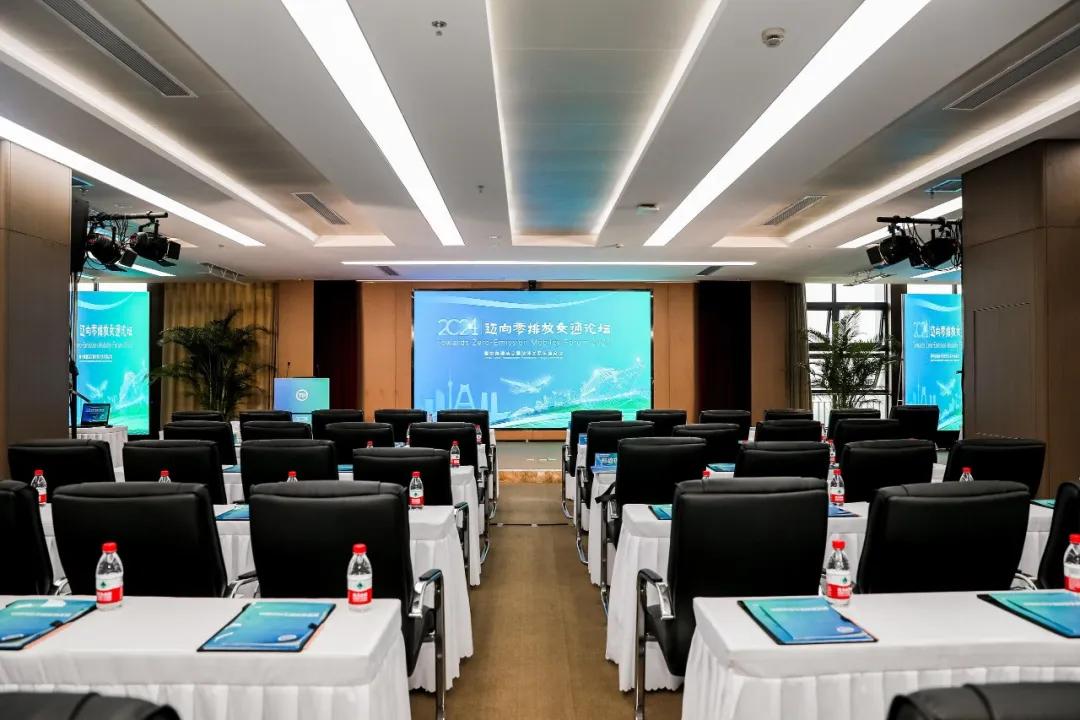
The transportation sector accounts for more than a quarter of global greenhouse gas emissions, making its decarbonization key to achieve global carbon neutrality goals. While China has made remarkable strides in new energy vehicles and green, low-carbon fuels under the guidance of macro policies and relentless efforts from industry practitioners, the journey toward building a sustainable, green, low-carbon transportation system remains challenging. This is particularly true in areas such as non-road mobile machinery, shipping, aviation, and railway transportation, where the green and low-carbon transition faces multiple hurdles.
Against this backdrop, the China Clean Transportation Partnership (CCTP) successfully hosted the "Towards Zero-Emission Mobility Forum 2024–China Clean Transportation Partnership (CCTP) Annual Conference" on October 18, 2024, in Chengdu, Sichuan. The forum brought together 14 experts from various fields including transportation, environment, and energy. Key speakers included Gong Huiming, member of the CCTP Steering Committee and senior program director of transportation program of Energy Foundation China, Chen Weicheng, deputy director of the Vehicle Emission Control Center, CRAES, Tian Hong, chairwoman of Chengdu Vehicle Environment Protection Technology Co., Ltd.; and Li Xiao, associate researcher of the Global Sustainable Transport Innovation and Knowledge Center. The forum was moderated by An Feng, the executive director of CCTP, founder and executive director of Innovation Center for Energy and Transportation. Approximately 80 attendees from universities, research institutes, international think tanks, businesses, and media participated in person, while the event garnered a total viewership of over 1.08 million online.
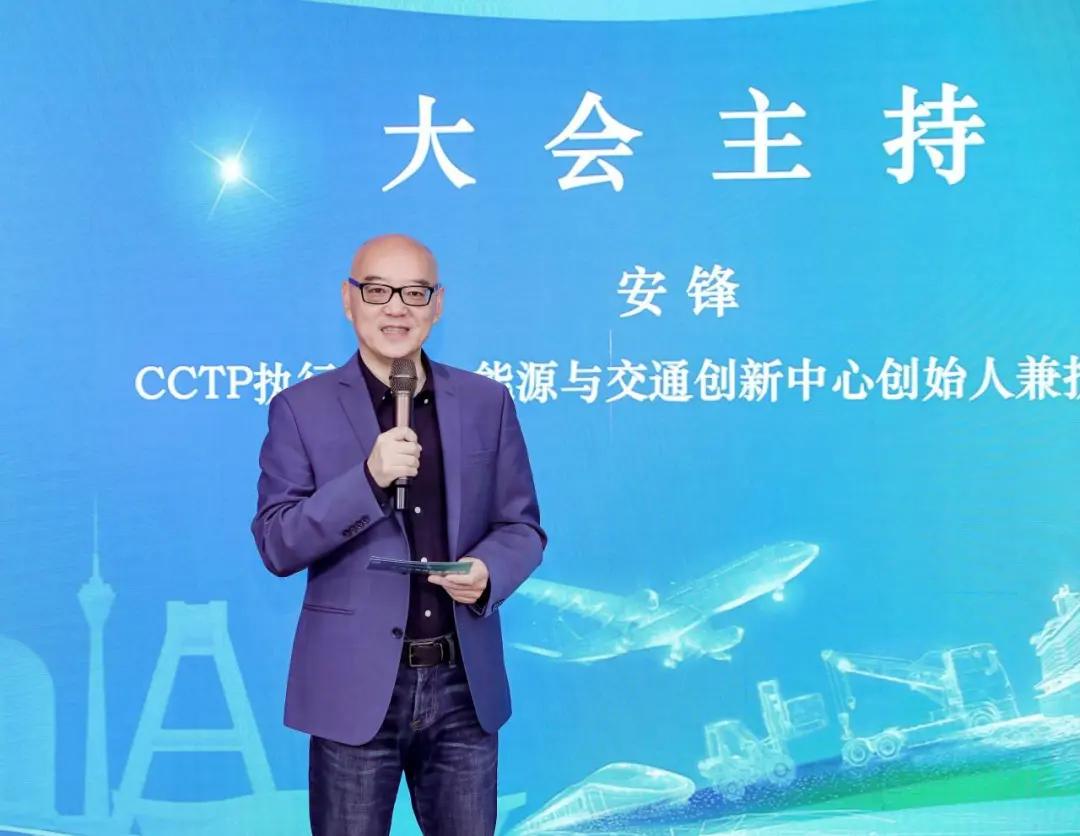
An Feng, the Executive Director of CCTP, Founder and Executive Director of Innovation Center for Energy and Transportation
Opening Remarks
The forum began with opening remarks delivered by Lin Bo, general manager of Chengdu Vehicle Environment Protection Technology Co., Ltd. He highlighted that in recent years, the global transition to green and low-carbon development has been accelerating. The challenges posed by climate change and environmental pollution demand a more sustainable development model worldwide, especially in the transportation sector, which plays a significant role in carbon emissions and bears great responsibility in addressing these challenges. Over the past decade, guided by policies and driven by technological innovation, China's transportation has made remarkable progress in its green and low-carbon transition, with particularly notable achievements in the new energy vehicle industry. Significant advancements have also been made in energy conservation and emissions reduction in the shipping, aviation, and railway sectors. However, new challenges have also emerged. In this context, the forum plays a crucial role in exploring how policy innovation, technological breakthroughs, and multi-stakeholder collaboration can accelerate the transportation sector's transition toward zero emissions.
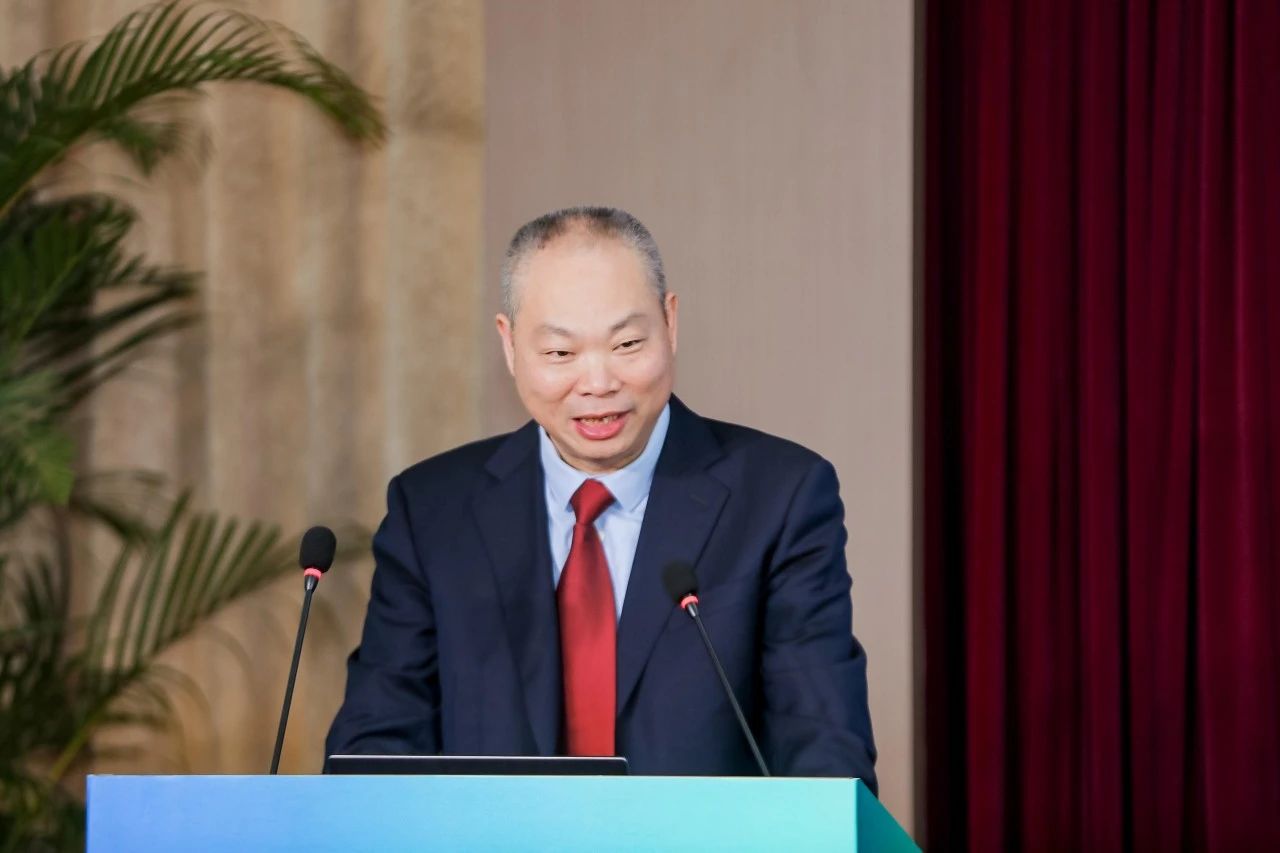
Bo Lin, General Manager of Chengdu Vehicle Environment Protection Technology Co., Ltd
Keynote Speeches
During the keynote session, Mr. Gong Huiming delivered a presentation titled "New Thinking on the Development of New Energy Vehicles under the New Situation." He reviewed the global and domestic contexts of climate change and air pollution prevention, analyzing the new challenges and opportunities facing new energy vehicles (NEVs). He emphasized three critical areas for NEV development: infrastructure construction, vehicle-to-grid integration, and differentiated policies for passenger and commercial vehicles.
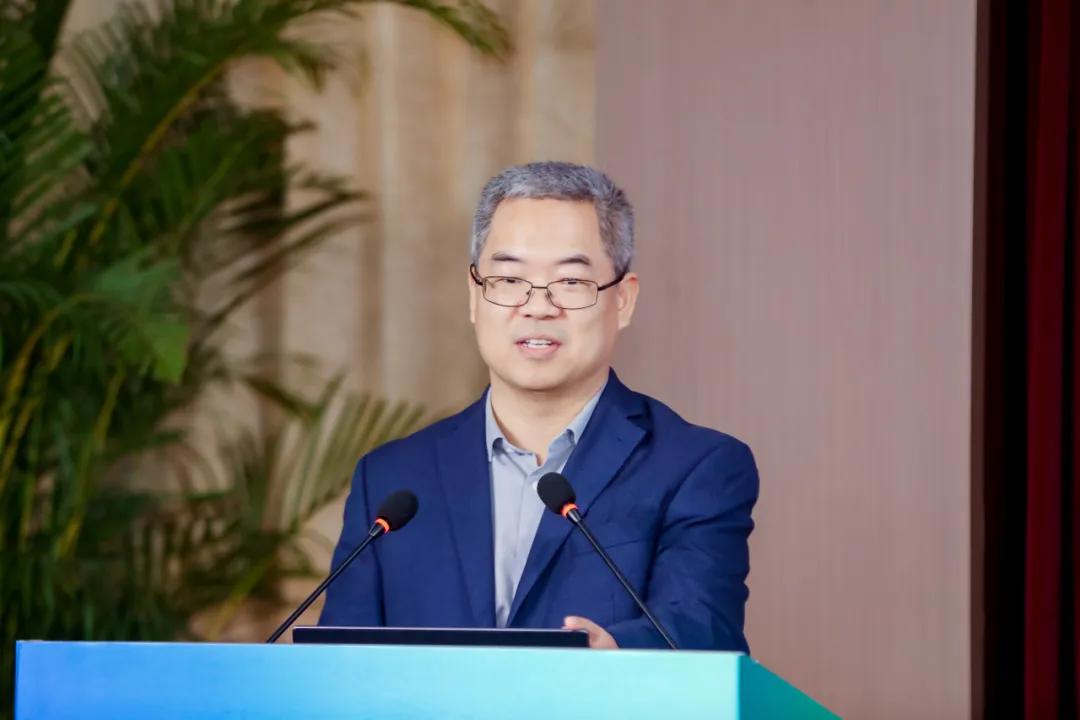
Mr. Gong Huiming, Member of the CCTP Steering Committee, Senior Program Director of Transportation Program of Energy Foundation China
Mr. Chen Weicheng gave a presentation titled "Research Progress of Emission Standards for Vehicles in the Next Stage." He outlined the progress and current state of air quality improvement efforts, providing a detailed analysis of developments and trends in emission regulations in Europe and the United States. Regarding the formulation of the next phase of China's automobile emission standards, Mr. Chen recommended a tailored approach based on domestic realities, drawing on international experience. He proposed principles such as the synergistic control of pollutants and greenhouse gases, further tightening of key pollutant emission limits, and enhancing regulatory tools to develop a world-leading automotive emission standards framework and compliance monitoring system.
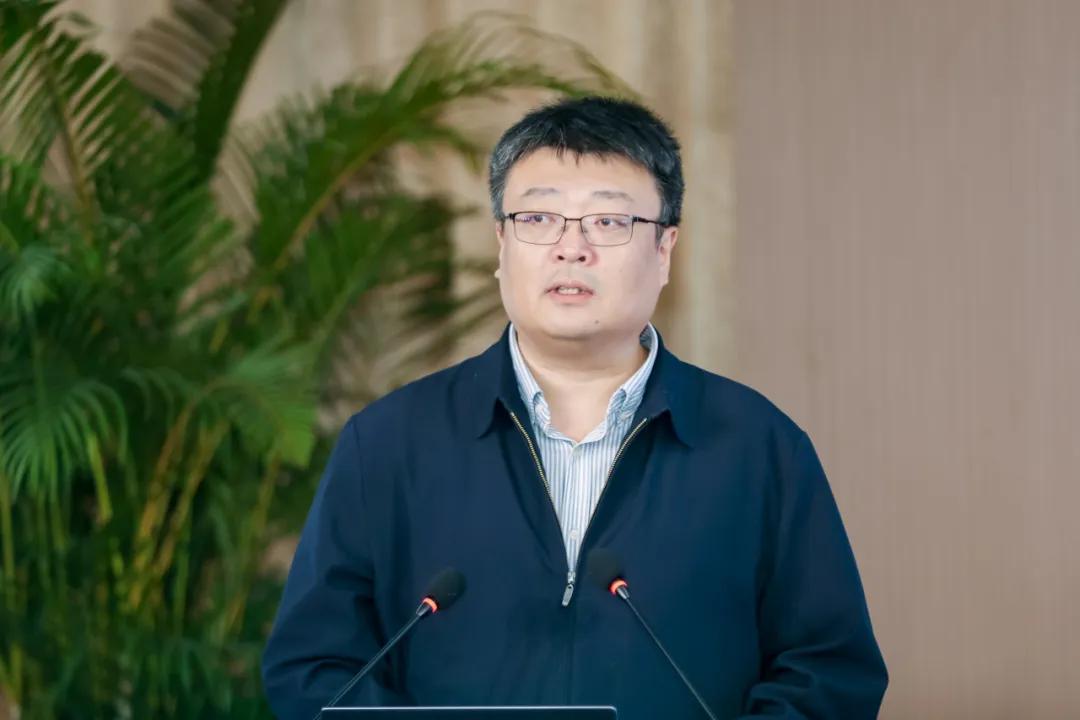
Chen Weiguang, Deputy Director of the Vehicle Emission Control Center, CRAES
Mr. Li Xiao focused on "Progress and Achievements of Zero-Emission Transition in Transportation." He provided an in-depth overview of current transportation-related carbon emissions, zero-carbon transition in road transport, the application of sustainable fuels in shipping and aviation, and future development trends. Mr. Li emphasized the importance of transitioning transportation equipment to zero emissions, highlighting NEVs—particularly new energy heavy-duty trucks—as a focal point for achieving zero-emission transportation. He suggested that the transportation sector should accelerate its green and low-carbon transition by aligning various green energy vehicles with specific use conditions and by promoting sustainable fuel development and application through the establishment of standardized systems.
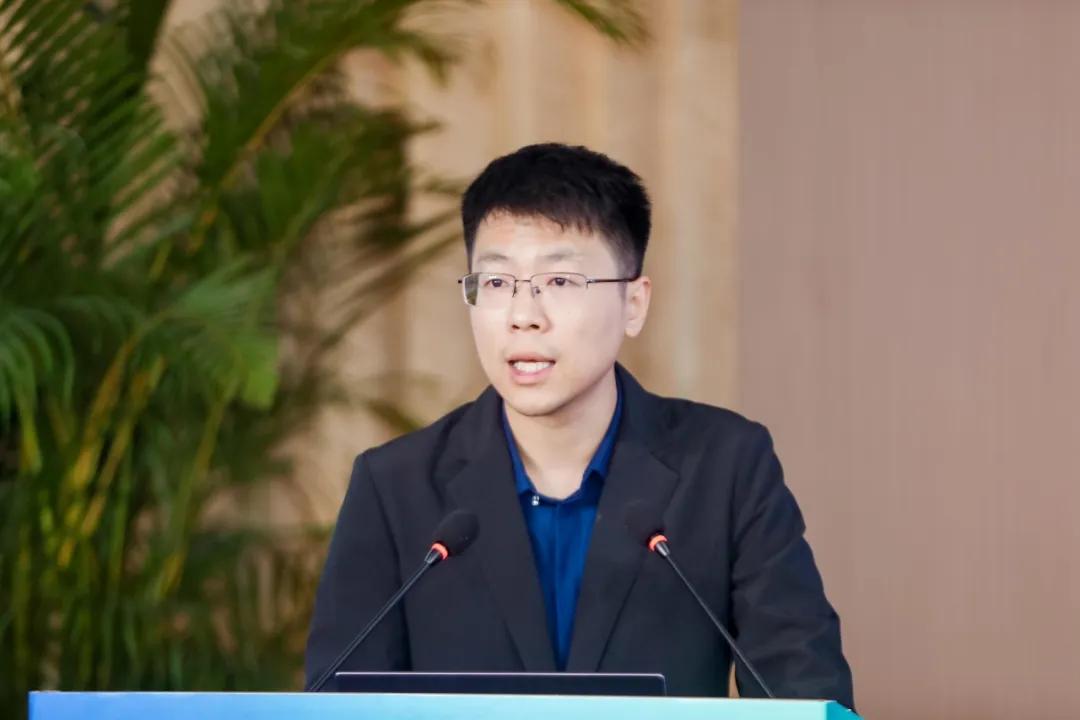
Li Xiao, Associate Researcher of the Global Sustainable Transport Innovation and Knowledge Center
Report Launch and Roundtable Forum
The highlight of the forum was the launch of the report titled "Towards Zero Emissions: Green Transition and Prospects in China's Non-Road Transportation." Ms. Wang Wenwen, Project Manager at the Innovation Center for Energy and Transportation and Secretariat of CCTP, provided an in-depth presentation of the report's key findings. The report offers a comprehensive analysis of progress and challenges in achieving zero-emission transitions in four key areas: non-road mobile machinery, shipping and ports, aviation, and passenger transportation structure adjustments. It also provides targeted policy recommendations to drive carbon reduction efforts in the non-road transportation sector.
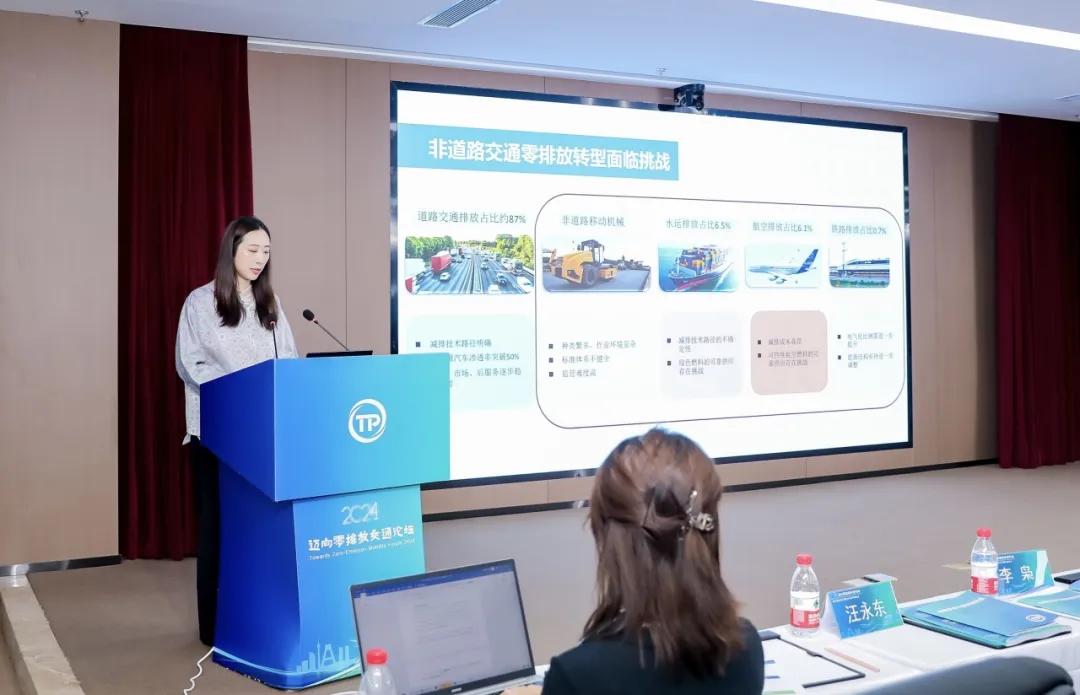
Wang Wenwen, Project Manager at the Innovation Center for Energy and Transportation and Secretariat of CCTP
Following the report release, a roundtable forum was held, featuring expert contributors to the report. Panelists included Dr. Chen Fei, director of the Laboratory Center at the School of Transportation Science and Engineer, Beihang University; Mr. Fang Chen, deputy director at Wuhan Changjiang Ship Design Institute Co., Ltd.; and Ms. Xie Shuxia, associate researcher at the Policy Research Department of Vehicle Emission Control Center, CRAES. They engaged in discussions covering topics such as the low-altitude economy, inland waterway shipping, and non-road mobile machinery, offering valuable insights and perspectives.
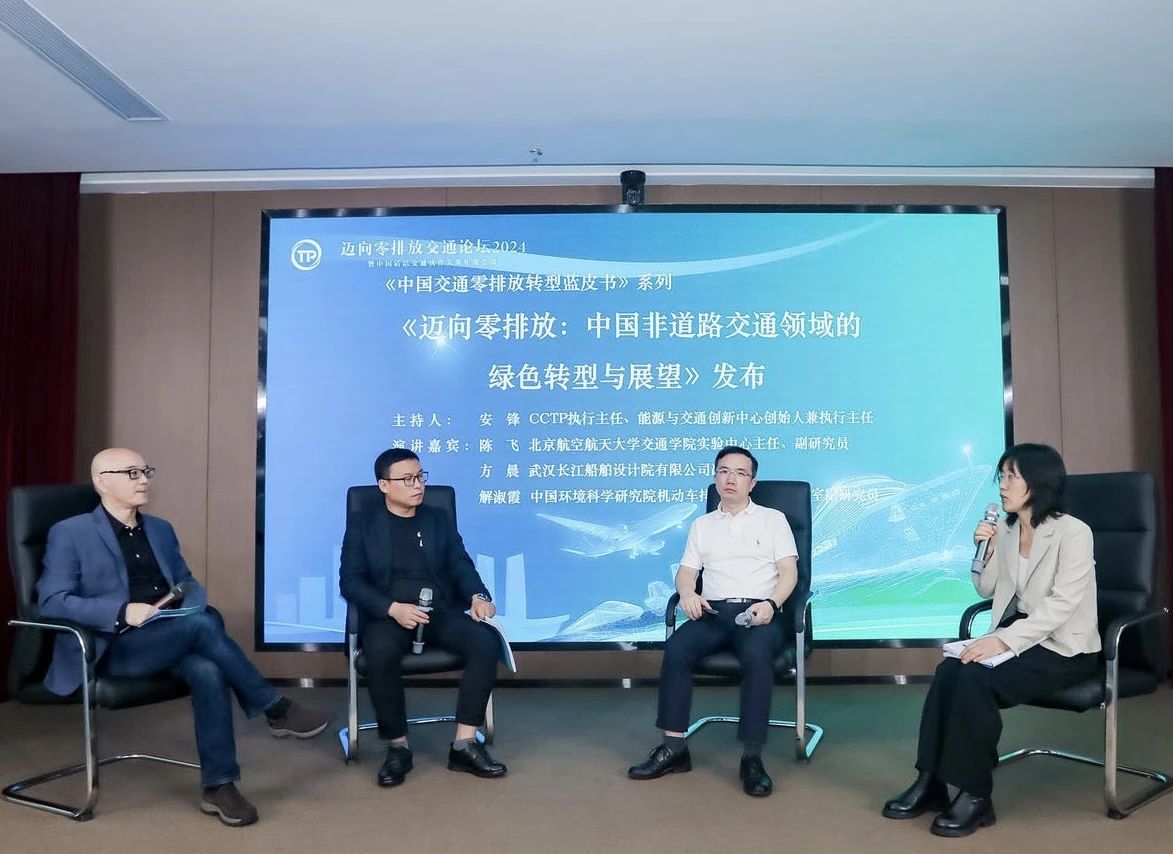
Panel Discussion
Site Visit
After lunch, attendees were guided by staff on a visit to State Key Lab of Vehicle Pollution Control and Simulation (Chengdu Base). The tour included detailed introductions to the exhaust testing workshop, power testing platforms, and photochemical reaction laboratories. Through the explanations, participants gained a comprehensive understanding of the core work conducted at the Chengdu Base and an in-depth look into motor vehicle testing processes. The experts expressed that the visit provided valuable, hands-on insights into vehicle testing procedures and broadened their perspectives.
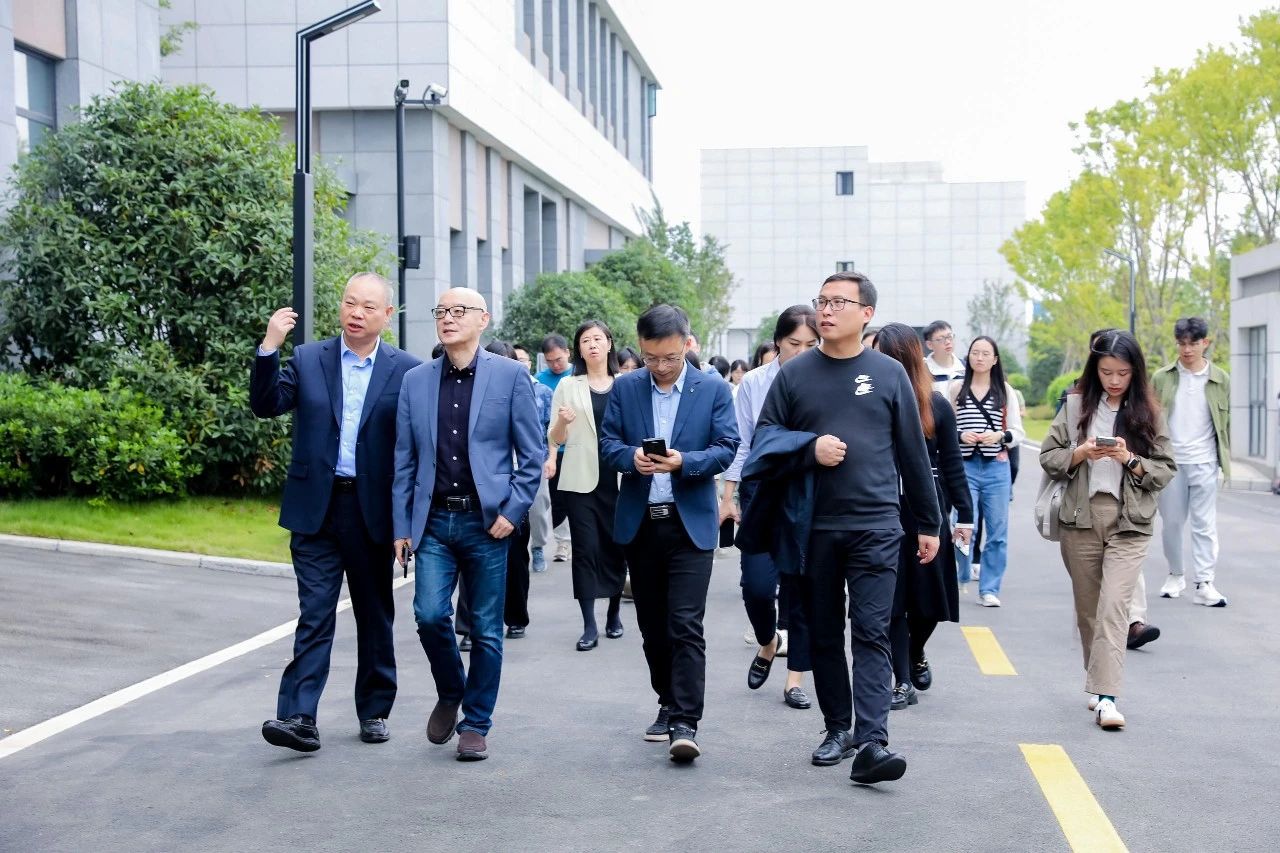
Site Visit
Topic 1: Regional Practices: Reducing Transportation Pollution and Carbon Emissions
The first thematic session focused on the practical experiences and case studies of green and low-carbon transitions in transportation across different regions and cities. The session was moderated by Ms. Tian Hong, chairwoman of Chengdu Vehicle Environment Protection Technology Co., Ltd .
Keynote speakers included:
-Gan Mi, associate professor, South Jiaotong University School of Transportation and Logistics, Head of Smart Logistics & Big Data Lab;
-Zhang Shaojun, associate professor, School of Environment, Tsinghua University,
-Zhang Jian, deputy director, Motor Vehicle Exhaust Pollution Management Center, Chongqing Bureau of Ecological Environment;
-Wang Yongdong, deputy director, Chengdu Technical Support Center of Vehicle Exhaust Pollution Control.
Each shared their insights during individual presentations and contributed to the roundtable discussion, offering valuable perspectives on strategies and innovations for achieving low-carbon transportation goals.
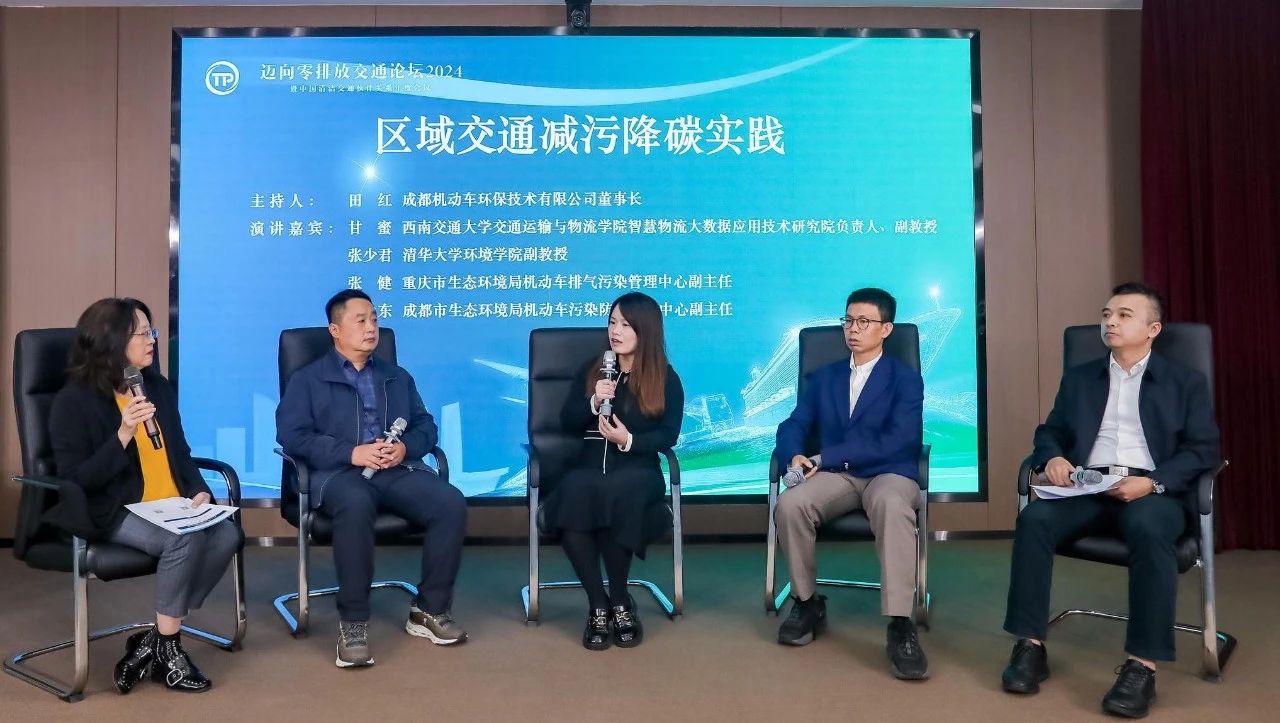
Roundtable Discussion
Topic 2: Green Energy Development and Zero-Emission Transition in Transportation
The second thematic session was moderated by Ms. Cheng Huihui, director of the Transportation Program at Clean Air Asia. Key presentations were delivered by
-Chen Lei, researcher at Peking University;
-Wang Nini, Associate Researcher, China Waterborne Transport Research Institute, Ministry of Transport;
- Wang Biyao, Associate Researcher, Development Research Center for Sustainable Aviation Fuel.
Additionally, Mr. Tian Zhiyu, director of the Sustainable Development Research Center of Energy Research Institute, National Development and Reform Commission, shared his insights via video presentation.
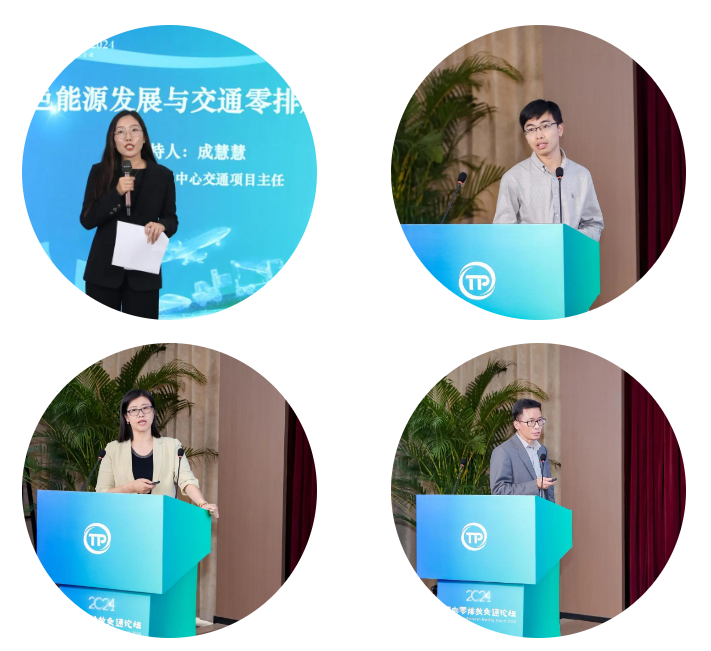
Cheng Huihui, Chen Lei, Wang Nini, Wang Biyao(from left to right)
Closing Remarks
Dr. An Feng concluded the forum with a comprehensive summary and heartfelt gratitude to the distinguished guests. He highlighted the diverse expertise brought by the senior professionals from sectors such as road transportation, aviation, and shipping, which contributed to making this a high-impact event in the field of clean transportation.
Dr. An acknowledged the significant challenges and issues that lie ahead in the journey toward zero-emission transportation. However, he expressed optimism that with the continued rollout of supportive policies and innovative practices, these challenges will be effectively addressed. He emphasized the importance of CCTP's platform in fostering industry collaboration and driving the acceleration of the green and low-carbon transformation of the transportation sector.
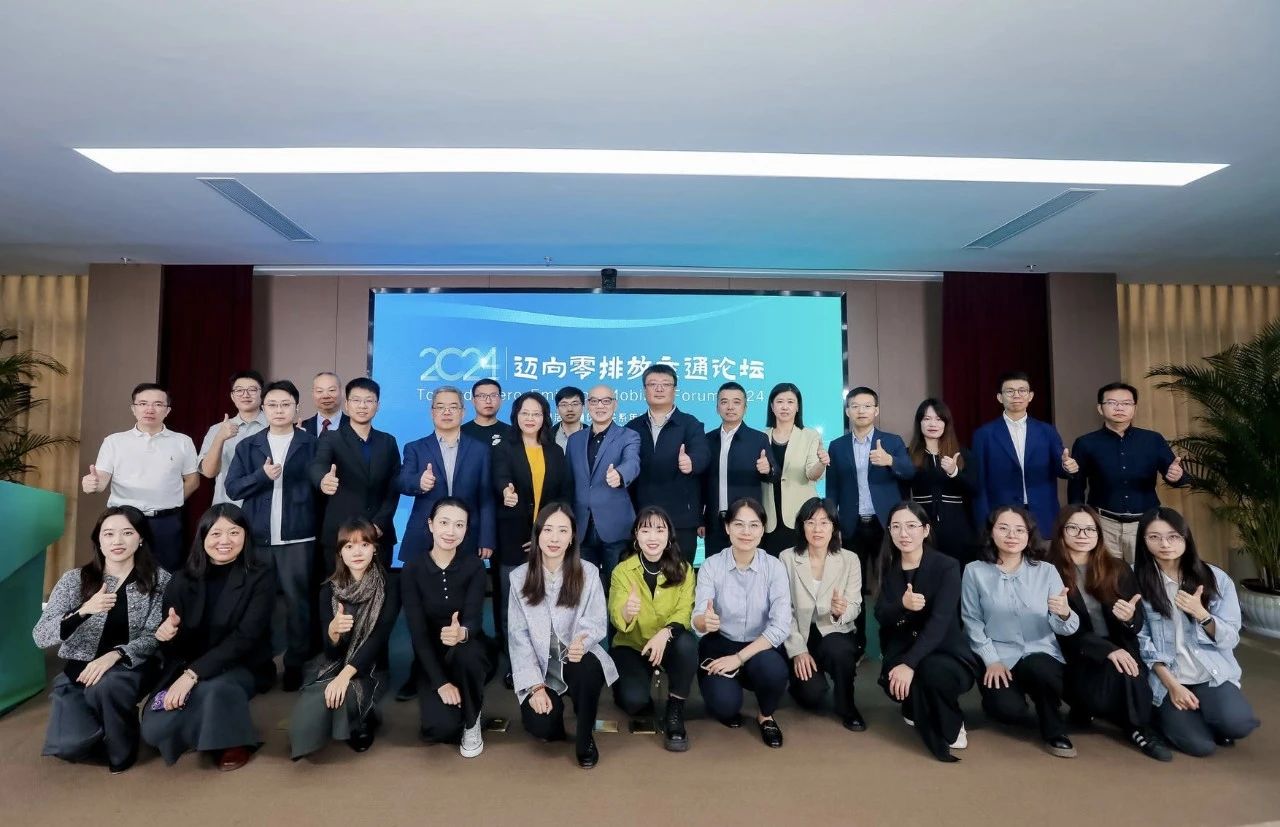
Group Photo
CCTP is a non-governmental, non-profit, and voluntary platform, focusing on policy and technological innovations, summarizing and disseminating national and global practices for a net-zero transportation sector.